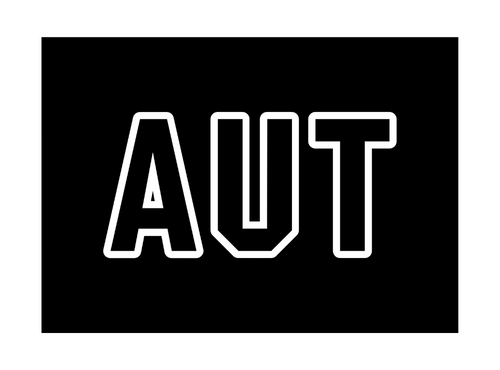Our education system is rapidly transforming and evolving. Our students’ needs are for education to take place in the real world – within the industries, organisations or communities they want to be part of. Throughout my career, I have viewed knowledge as a tool to achieve improvements in our subsistence and wellbeing. My passion for marine biology, the wonders of the seas and the untapped resources that our oceans offer, have led me to research marine organisms of commercial importance and their cultivation practices. Aquaculture provides a realistic pathway to supply the protein needs of a 9-billion human population estimate by 2035, and perhaps the only solution to our growing food crisis and future for humanity. As a professor of Marine Ecology and Aquaculture at Auckland University of Technology, New Zealand, I aim to provide a dynamic environment that engages students to participate in practical solutions within industries and communities that create actual economic and social value. In our research group, students learn skills and apply solutions simultaneously, with the support of more experienced student mentors, and guided by inspirational and forward-thinking educators and industry partners who provide the context for our work. With this transformative educational approach, students journey through discovery and creativity that generates free-thinking graduates, best prepared to succeed and lead our world into more sustainable practices. The positive results are evident by numerous discoveries and inventions that have already transformed production practices within aquaculture industries and resource management strategies throughout coastal communities in New Zealand and overseas.

















